If you lived through the 1970s, you know that life moved at a different pace—sometimes frustratingly so. We didn’t have the instant gratification that defines modern life; instead, we had plenty of opportunities to practice patience, problem-solving, and good old-fashioned perseverance. These daily challenges might have tested our sanity at the time, but looking back, they taught us valuable lessons about making do, thinking ahead, and finding creative solutions to everyday problems.
1. Waiting for Your Film to Be Developed

Remember dropping off a roll of film at the drugstore and having to wait three whole days to see if any of your pictures turned out? You’d anxiously count down the hours, hoping that birthday party or family vacation was actually captured on film. The worst part was discovering that half your shots were blurry, overexposed, or featured someone’s thumb covering the lens—and there was absolutely nothing you could do about it. HowStuffWorks clears up the mystery on just what was going on when we got our film developed.
Those little yellow envelopes from Kodak were like Christmas morning, filled with both excitement and potential disappointment. You learned to take multiple shots of important moments because you never knew which ones would work out. This experience taught us to be more thoughtful about what we photographed and to treasure the good shots we did get, since we couldn’t just delete the bad ones and try again.
2. Untangling Christmas Tree Lights Every December

Every year, you’d pull out the same box of Christmas lights, convinced you’d stored them properly the previous January. Instead, you’d find a massive tangle that looked like it had been knotted by mischievous elves. Hours would be spent carefully separating each strand, testing bulbs one by one, and replacing the inevitable burnt-out ones that caused entire sections to go dark. As noted by Smithsonian Magazine, Christmas lights have gone through very dazzling transformations over the decades.
The real test of character came when you finally got them untangled, only to discover they didn’t work anyway. You’d patiently trace each wire, wiggle every connection, and systematically replace bulbs until you found the culprit. This annual ritual taught us persistence and the satisfaction that comes from solving a puzzle through methodical trial and error.
3. Adjusting TV Antennas for Better Reception

Getting a clear picture on television was an art form that required patience, timing, and sometimes a family member willing to stand in just the right spot. You’d slowly rotate the rabbit ears, adjust the longer antenna, and add aluminum foil in strategic places while someone yelled “Stop! Right there!” from across the room. Moving even an inch could turn your favorite show into a snowy mess or cause the horizontal lines to start rolling. Tablo TV clears away the snow to explore how the TV antenna helps our signal in the past and present.
Sunday afternoon football games were particularly challenging, as atmospheric conditions seemed to change by the quarter. You learned to live with a slightly fuzzy picture rather than risk losing the signal entirely by making further adjustments. This experience taught us to appreciate what we had and make the best of imperfect situations—lessons that served us well beyond television viewing.
4. Dealing with Busy Signals on the Telephone

Before call waiting and cell phones, getting a busy signal meant exactly that—you were out of luck until the other person hung up. Important conversations had to wait, and you’d find yourself repeatedly dialing the same number, hoping to catch that brief window when the line was free. Planning anything with friends required multiple attempts and perfect timing.
Teenagers especially felt the frustration of busy signals, as chatting on the phone was a primary social activity. You’d have to choose between tying up your family’s phone line or missing out on the latest gossip. This taught us to be more intentional about our phone conversations and to appreciate the connections we could make when they finally went through.
5. Manually Rewinding VHS Tapes
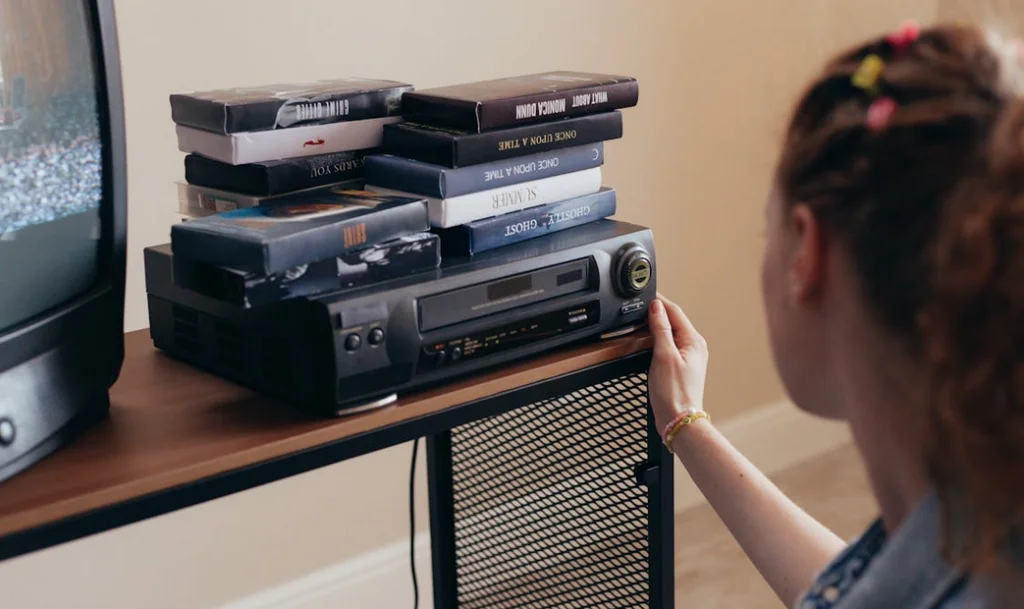
“Be Kind, Rewind” wasn’t just a catchy slogan—it was a social contract that some people shamefully ignored. Nothing was more disappointing than settling in for movie night only to discover the previous renter had left the tape at the end credits. You’d have to sit through several minutes of mechanical whirring while the tape slowly wound backward, building anticipation or frustration in equal measure.
Even your own family members couldn’t be trusted to rewind tapes properly, leading to heated discussions about courtesy and consideration. Some households invested in separate rewinding machines to speed up the process, but most of us just learned to plan ahead. This experience reinforced the importance of thinking about the next person and taking responsibility for cleaning up after ourselves.
6. Looking Up Information in Physical Encyclopedias

When you needed to research something for a school report or settle a dinner table debate, you had to get up, walk to the bookshelf, and pull out the appropriate volume of your encyclopedia set. You’d flip through pages alphabetically, hoping the information you needed was actually included and reasonably up-to-date. Sometimes you’d discover that your “comprehensive” encyclopedia completely omitted the topic you were researching.
Cross-referencing required pulling multiple volumes and keeping track of various related topics scattered throughout different books. You learned to take detailed notes because going back to recheck information meant repeating the entire physical process. This methodical approach to research taught us to be thorough, to question our sources, and to appreciate the depth of knowledge when we finally found it.
7. Waiting for Songs to Come on the Radio
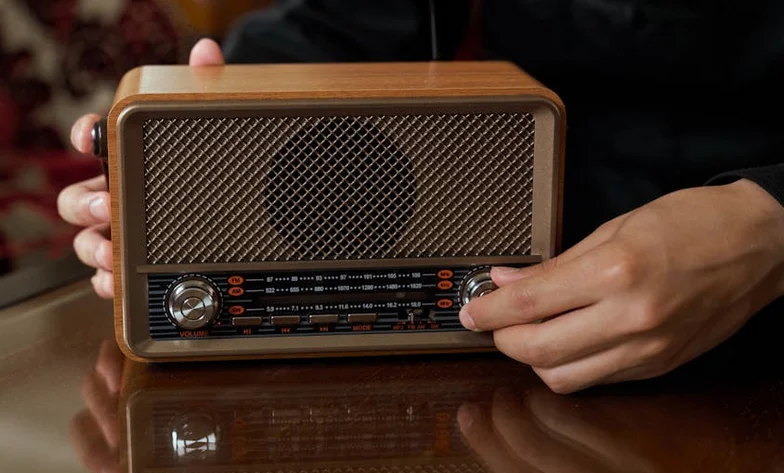
Creating the perfect mixtape required dedication, patience, and excellent timing. You’d sit by the radio with your finger poised over the record button, waiting for your favorite song to start. Often, you’d catch only the last half of a song or discover that the DJ talked over the beginning or ending, ruining your carefully curated collection.
Radio stations had their own schedules and playlists, so you might wait hours or even days to hear a specific song again. This taught us delayed gratification and made us truly appreciate music when we finally captured it. The songs we worked hardest to record often became the most meaningful, simply because of the effort we invested in obtaining them.
8. Folding Road Maps Back to Their Original Configuration
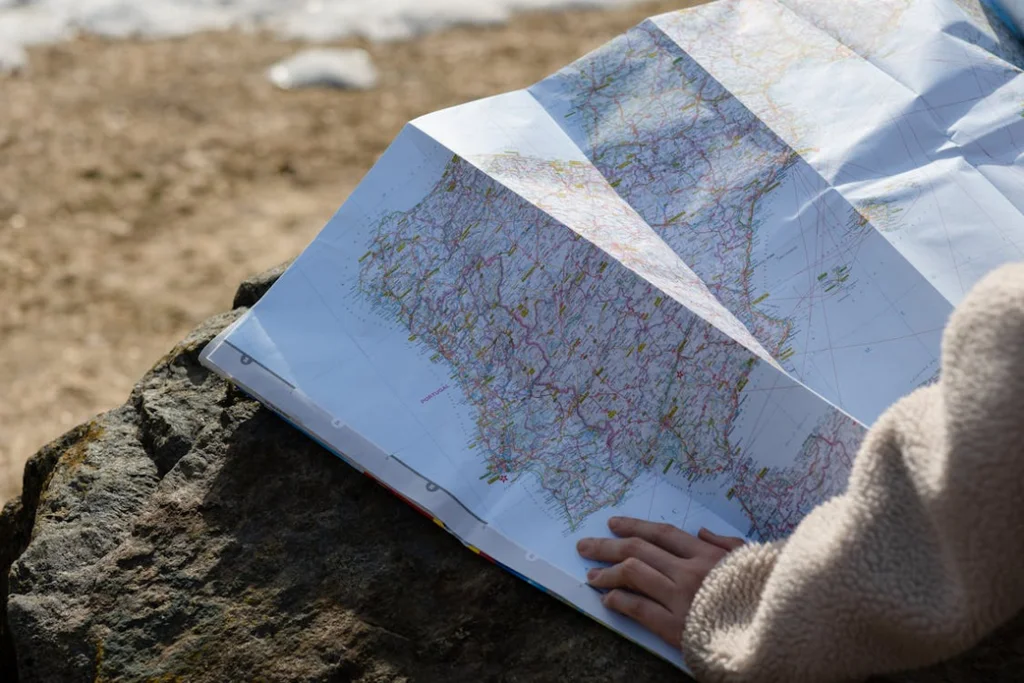
Every family road trip included the inevitable wrestling match with oversized road maps that seemed impossible to refold correctly. Dad would pull over, spread the map across the hood of the car, and attempt to navigate while Mom tried to fold it back into its original neat rectangle. The creases never lined up quite right, and corners would stick out no matter how carefully you tried to recreate the original folds.
Gas station attendants were often called upon to provide directions because deciphering those tiny road numbers and color-coded routes was challenging enough without fighting with uncooperative paper. This experience taught us planning, spatial reasoning, and the humility to ask for help when we were truly lost—skills that served us well beyond family vacations.
9. Adjusting Indoor Temperature with Finicky Thermostats

Home heating and cooling systems in the ’70s required constant attention and adjustment to maintain any semblance of comfort. You’d wake up freezing because the old furnace couldn’t maintain consistent heat overnight, then spend the day opening and closing windows as temperatures fluctuated wildly. The thermostat was more of a suggestion than a reliable control device.
Window air conditioning units were loud, inefficient, and required strategic placement to cool more than one room. You learned to dress in layers, plan activities around temperature changes, and accept that perfect climate control was a luxury few could afford. This taught us adaptability and resourcefulness, plus an appreciation for the simple comfort of consistent indoor temperatures.
10. Dealing with Static Electricity from Synthetic Fabrics

The ’70s fashion scene embraced synthetic fabrics that seemed to generate electricity with every movement. Getting out of a car meant preparing for a shock that could light up a small bulb, and removing polyester clothing in dry weather was like conducting a science experiment. Your hair would stand on end, and touching doorknobs became a game of electrical roulette.
Static cling made clothes stick to your body in embarrassing ways, and removing socks from the dryer was an exercise in patience and careful handling. You learned to move more deliberately, carry dryer sheets in your pocket, and accept that looking perfectly groomed was sometimes impossible. This taught us to laugh at ourselves and find humor in life’s minor inconveniences.
11. Manually Changing Television Channels
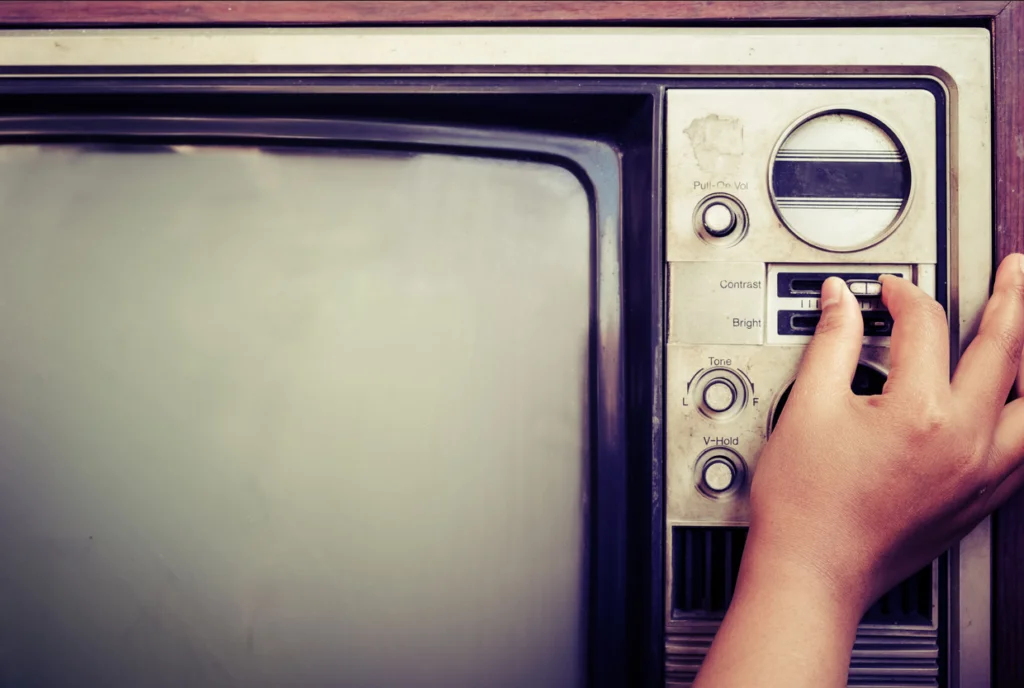
Before remote controls became standard, changing the channel meant getting up from your comfortable spot and walking to the television set. Channel surfing was a physical activity that required commitment, since you weren’t likely to make the trip across the room for just a quick peek at what else was on. Family negotiations about what to watch were more serious affairs when changing channels required actual effort.
The youngest family member often became the designated “remote control,” responsible for adjusting volume and switching channels on command. This taught us to be more selective about our entertainment choices and to commit to watching entire programs rather than constantly seeking something better. We learned patience, compromise, and the art of family diplomacy around the television schedule.
12. Keeping Track of Important Phone Numbers
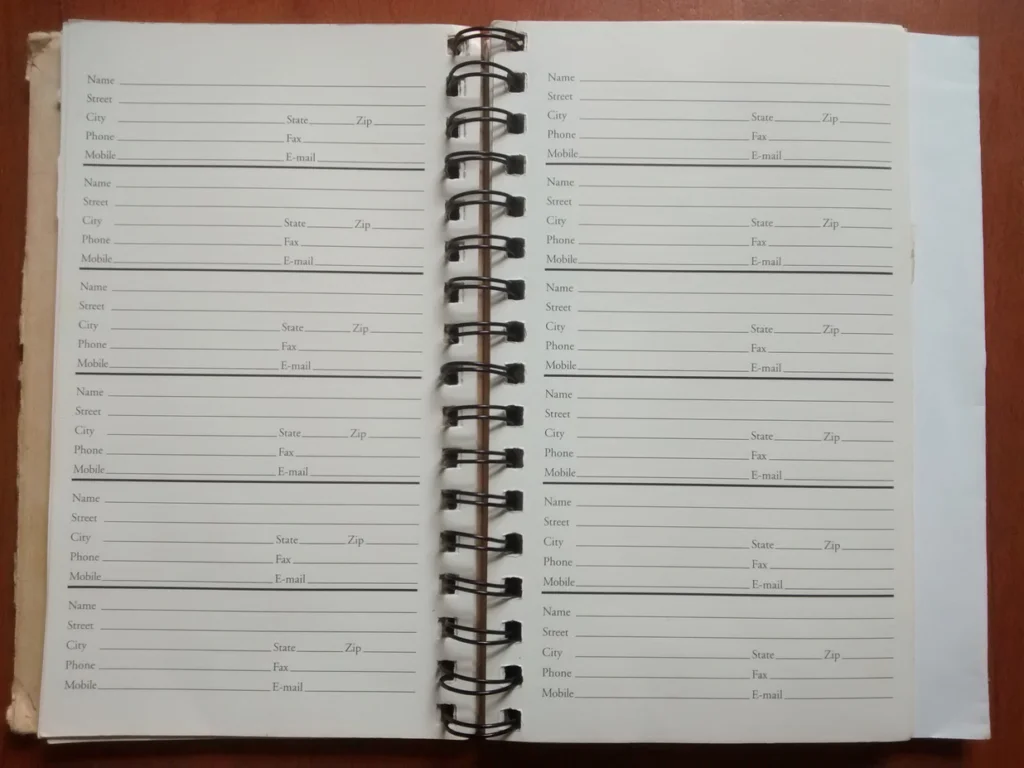
Your personal phone directory was a handwritten treasure that you guarded carefully, knowing that losing it meant losing touch with friends and important contacts. You’d copy numbers into address books, write them on scraps of paper, and memorize the most important ones because there was no other backup system. Moving to a new home meant updating dozens of people about your new number and hoping they’d pass it along to mutual friends.
Long-distance calls were expensive, so you kept track of time zones and planned conversations carefully to make every minute count. This forced us to be more thoughtful about our communications and to maintain relationships through deliberate effort rather than casual contact. We learned the value of human connections and the importance of staying in touch through intentional actions.
13. Waiting for Glue, Paint, and Other Projects to Dry
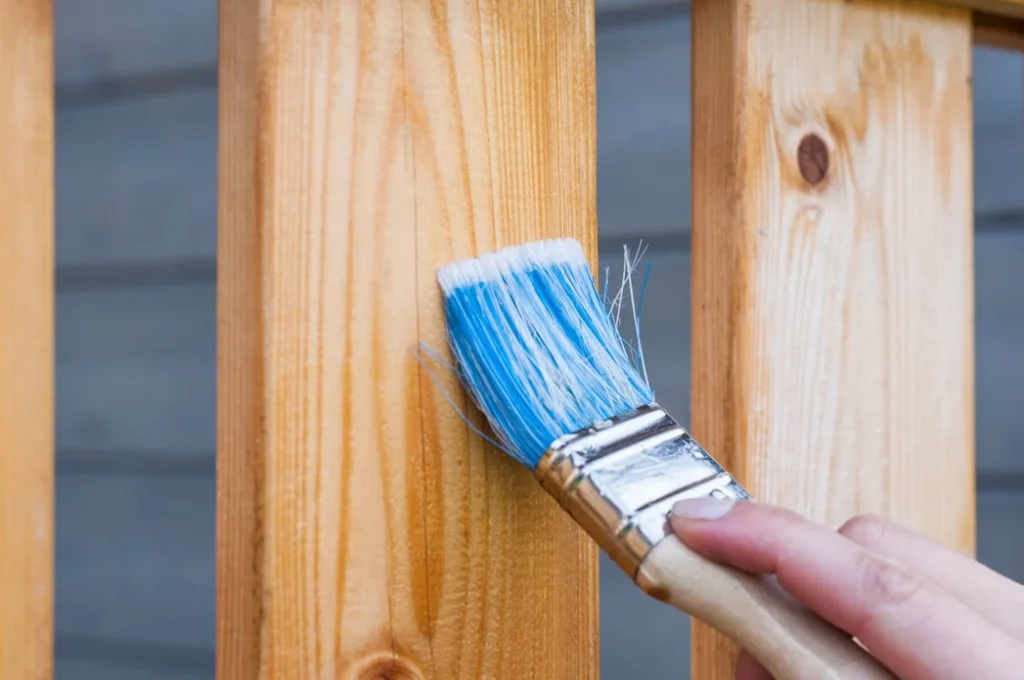
Instant gratification wasn’t part of the crafting vocabulary in the ’70s. Whether you were building a model airplane, repairing something with epoxy, or painting a room, you had to plan around drying times that seemed to stretch forever. Touching wet paint to test if it was ready usually resulted in fingerprints that had to be fixed, creating even more waiting time.
School projects required advance planning because there was no rushing the drying process, no matter how close the deadline loomed. You learned to work in stages, plan ahead, and find other activities to fill the waiting time. This taught us patience, project management skills, and the satisfaction that comes from seeing a job through to completion, regardless of how long it takes.
Those everyday struggles of the 1970s might have tried our patience at the time, but they gave us something precious in return: resilience, creativity, and an appreciation for life’s simple pleasures. We learned to make do with what we had, to find solutions when things didn’t work perfectly, and to slow down enough to actually experience the world around us. Maybe those inconveniences weren’t bugs in the system after all—maybe they were features that helped shape us into more thoughtful, patient, and resourceful people.


